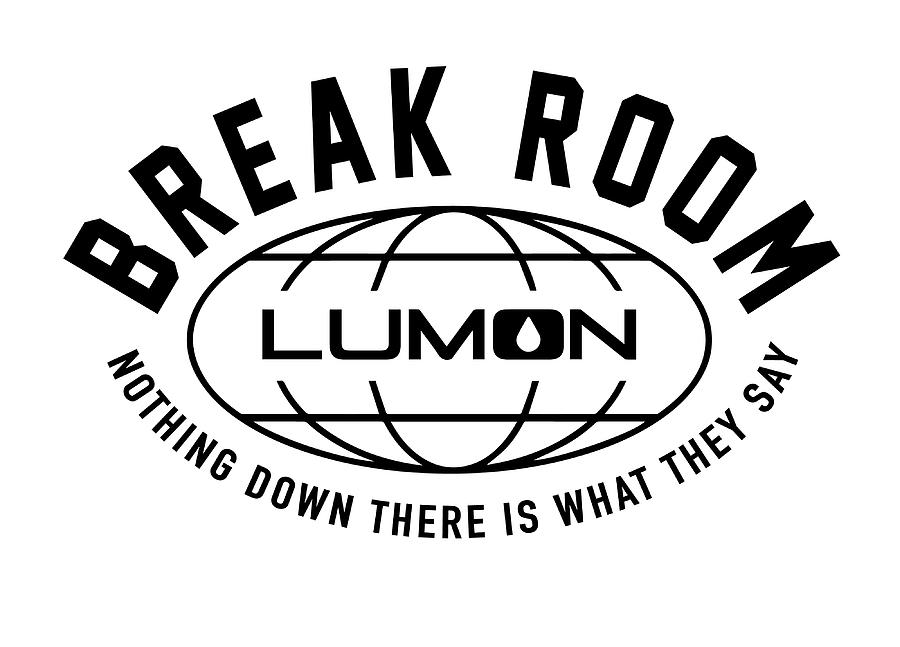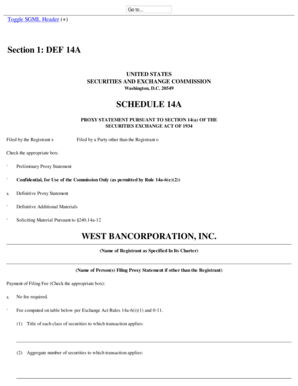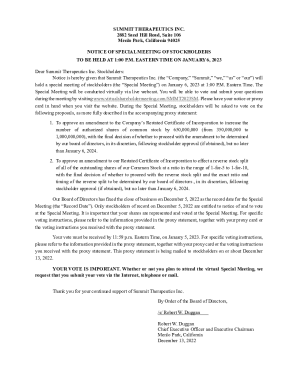Ben Stiller's Severance: A Comparison Of Lumon Industries And Apple

Table of Contents
The Cult of Secrecy and Brand Loyalty: Lumon vs. Apple's "walled garden"
Lumon Industries and Apple share a striking similarity: a fiercely guarded image and a dedicated community built on controlled information flow. This creates a powerful sense of brand loyalty, but at what cost?
- Lumon's opaque operations: The severance procedure itself is shrouded in mystery, fueling speculation and reinforcing the company's enigmatic aura. Employees' "innie" and "outie" lives are strictly separated, fostering a culture of secrecy that extends beyond the workplace.
- Apple's carefully curated public image: Apple meticulously controls its narrative, presenting a polished and aspirational brand identity. Their ecosystem, while user-friendly, is also tightly controlled, limiting interoperability and reinforcing user reliance.
- Cultivating brand devotion: Both Lumon and Apple foster fiercely loyal communities. Lumon employees, despite the invasive nature of their work, exhibit a strange form of dedication. Similarly, Apple users are known for their unwavering brand loyalty, often fiercely defending the company and its products.
- Managing relations: Both entities maintain tight control over employee/customer interactions. Lumon's employees are meticulously monitored and controlled, while Apple manages customer relationships through carefully crafted support channels and community forums. Both approaches limit direct, unfiltered communication.
Technological Control and Employee Surveillance: A Comparative Analysis
Both Lumon and Apple leverage advanced technologies to monitor and control their respective populations, raising significant ethical questions.
- Lumon's invasive technology: The severance procedure itself is a prime example of invasive technology, separating an employee's consciousness and memories into distinct work and personal selves. This raises profound questions about personal autonomy and mental integrity.
- Apple's data collection practices: Apple collects vast amounts of user data through its devices and services. While presented as enhancing user experience, this data collection raises concerns about privacy and potential misuse. User tracking and targeted advertising are further examples of subtle technological control.
- Ethical dilemmas: Both Lumon and Apple's surveillance tactics highlight the ethical dilemmas inherent in technological advancement. The line between enhancing efficiency and violating privacy is blurred, forcing us to confront the implications of unchecked technological control.
- Extent of control: While Lumon exerts total control over its employees' work lives, Apple’s control is more subtle, operating through data collection, product design, and ecosystem lock-in. However, both represent significant power imbalances.
Work-Life Integration (or Lack Thereof): The Extreme Ends of the Spectrum
Lumon and Apple represent opposing extremes on the work-life balance spectrum, each with potentially detrimental consequences.
- Lumon's extreme separation: Lumon's severance procedure physically and mentally separates work and personal life, creating fragmented identities and potentially causing psychological distress. Employees lack a sense of wholeness, their identities split between the sterile work environment and their "outie" lives.
- Apple's demanding culture: Apple's culture, often praised for its innovation, is also known for its demanding work environment and the pressure to maintain constant connectivity. The "always-on" culture can lead to burnout and an unhealthy blurring of boundaries between work and personal life.
- Negative impacts: Both extremes have negative consequences. Lumon's complete separation fosters alienation and psychological harm, while Apple's demanding culture contributes to burnout and diminished well-being.
- Employee well-being: The contrast between these two models highlights the critical importance of finding a healthy balance between productivity and employee well-being.
The Power Dynamics: Corporate Control and Individual Agency
The power dynamics in both Lumon and Apple reveal a common theme: the potential for corporate control to overshadow individual agency.
- Lumon's absolute control: Lumon's control over its employees is absolute, stripping them of their individuality and autonomy. Their memories, emotions, and even identities are manipulated for the benefit of the corporation.
- Apple's influence: Apple, while not as overtly controlling as Lumon, exerts significant influence over its employees through a highly competitive environment and the pressure to conform to its demanding culture. This can lead to exploitation and a lack of agency for some workers.
- Employee rights: Both scenarios raise questions about employee rights and the ethical responsibilities of corporations. The need for worker protection and the ethical use of technology are central themes emerging from this comparison.
- Individual agency: The stark contrast between the two highlights the crucial importance of safeguarding individual agency and autonomy in the face of ever-increasing corporate power and technological surveillance.
Reflecting on the Severance of Reality: Lessons from Lumon and Apple
Ben Stiller's Severance serves as a powerful cautionary tale, highlighting the disturbing parallels between the fictional Lumon Industries and the real-world practices of powerful corporations like Apple. Both entities demonstrate the potential for corporate control, technological surveillance, and extreme work environments to compromise individual well-being and autonomy. The stark differences lie in the degree of control and the methods employed, but the underlying theme of power imbalance remains consistently unsettling. The key takeaway is the urgent need for ethical reflection on corporate power, technological advancement, and the future of work. Continue the conversation about the unsettling parallels between fiction and reality by sharing your thoughts on Ben Stiller's Severance and the comparison with Apple. Let's explore the implications of Lumon's practices in the real world!

Featured Posts
-
 Is Jalen Brunson Injured The Latest Update For Knicks Fans
May 17, 2025
Is Jalen Brunson Injured The Latest Update For Knicks Fans
May 17, 2025 -
 Plei Of Nba Odigos Gia Ta Zeygaria And Tis Imerominies Agonon
May 17, 2025
Plei Of Nba Odigos Gia Ta Zeygaria And Tis Imerominies Agonon
May 17, 2025 -
 Angel Reese Speaks Out After Chicago Sky Matchup
May 17, 2025
Angel Reese Speaks Out After Chicago Sky Matchup
May 17, 2025 -
 Mlb Betting Yankees Vs Mariners Prediction And Odds For Tonight
May 17, 2025
Mlb Betting Yankees Vs Mariners Prediction And Odds For Tonight
May 17, 2025 -
 Fortnite X Tmnt Finding And Getting Every Ninja Turtles Skin
May 17, 2025
Fortnite X Tmnt Finding And Getting Every Ninja Turtles Skin
May 17, 2025
Latest Posts
-
 How To Interpret A Proxy Statement Form Def 14 A Effectively
May 17, 2025
How To Interpret A Proxy Statement Form Def 14 A Effectively
May 17, 2025 -
 76ers Sufren Novena Derrota Ante Knicks Anunoby Con 27 Puntos
May 17, 2025
76ers Sufren Novena Derrota Ante Knicks Anunoby Con 27 Puntos
May 17, 2025 -
 Dubay Rabota Dlya Rossiyan V 2025 Godu
May 17, 2025
Dubay Rabota Dlya Rossiyan V 2025 Godu
May 17, 2025 -
 Analyzing Proxy Statements Form Def 14 A Best Practices For Investors
May 17, 2025
Analyzing Proxy Statements Form Def 14 A Best Practices For Investors
May 17, 2025 -
 Kak Dubay Stal Vtoroy Moskvoy Trudnosti I Vozmozhnosti Dlya Rossiyan
May 17, 2025
Kak Dubay Stal Vtoroy Moskvoy Trudnosti I Vozmozhnosti Dlya Rossiyan
May 17, 2025
